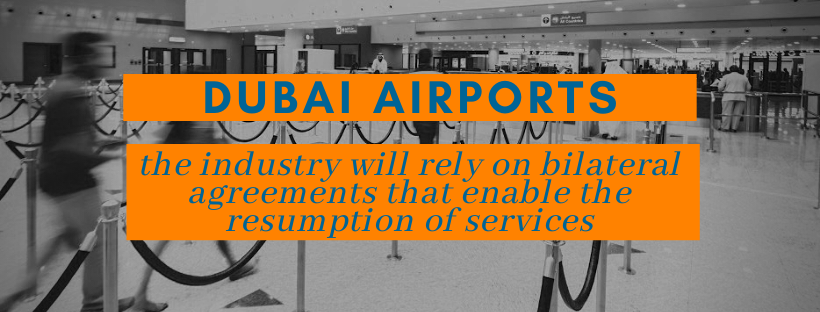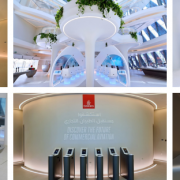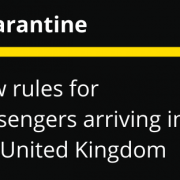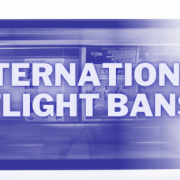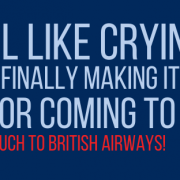Dubai Airports CEO says bilateral agreements are needed to enable resumption of services
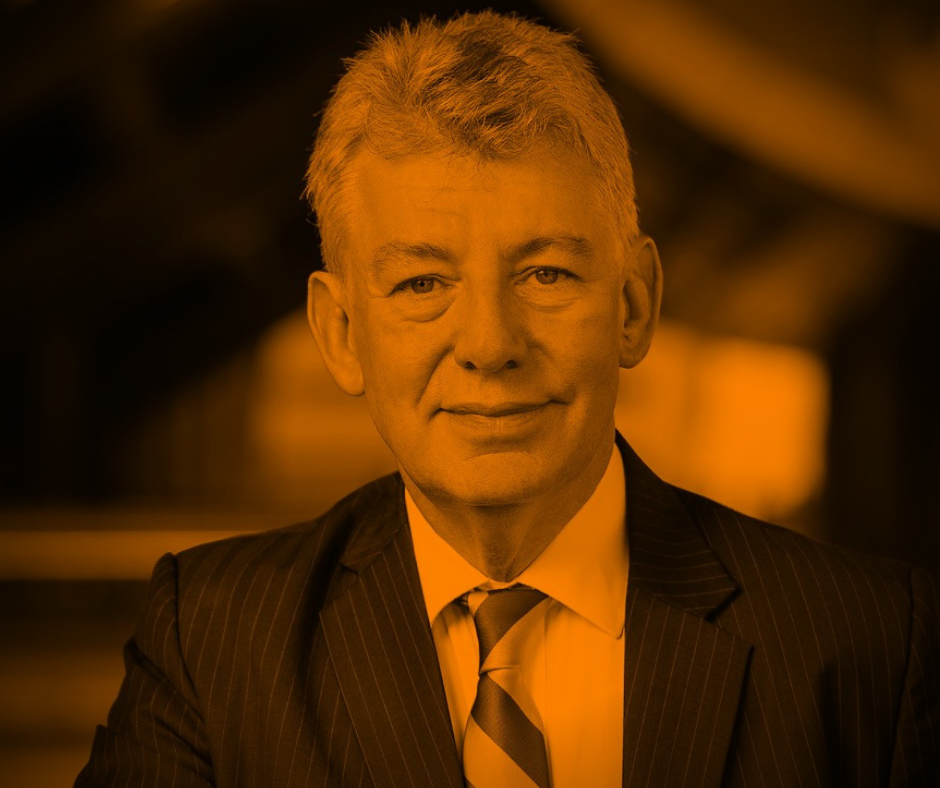
Paul Griffiths joined Dubai Airports as its first CEO in October 2007
Dubai Airports CEO Paul Griffiths has set out a number of steps that, he says, will enable a resumption of services.
Griffiths today confirmed that while the airport operator is taking appropriate measures to control costs, optimise liquidity, facilitate cargo and repatriation flights and prepare for a timely and proportionate activation of facilities and services at Dubai International (DXB) to support the resumption of scheduled traffic, the timing and the speed of air traffic recovery will ultimately depend on the development of a vaccine or treatment for Covid-19.
The Covid-19 pandemic is of a very different nature than any previous crisis in that it has affected supply, demand and health security and by extension the entire global economy. Until there is a proven level of confidence medically that people can travel without fear of spreading or contracting the virus, the situation we find ourselves in is likely to continue.
Covid-19 had a noticeable impact on passenger traffic at DXB the first quarter of the year as DXB recorded a total of 17.8 million customers, a year on year contraction of 19.8% due to dampened demand and reduced flight numbers caused by the suspension of services by regulatory authorities in the UAE and elsewhere.
Until a medical solution is found, the industry will rely on bilateral agreements that enable the resumption of services. We will gradually start to see some confidence build between trusted countries where the governments have acted significantly enough and early enough to get the spread of the virus under control.
As the UAE government took significant and early steps to get the virus under control, we are optimistic that there will be opportunities to pair with other governments that have been similarly effective to get air services going between them. With millions across the world in lockdown and eager for a change of scenery or to visit friends and relatives, travel has become one of the most desirable commodities. However, the current inability to safely travel is diminishing that demand.
Restoring consumer confidence is another area requiring industry attention. Griffiths confirmed that Dubai Airports will continue to ensure a safe and healthy airport environment by enabling social distancing, conducting thermal screening and Covid-19 testing in support of health authorities and undertaking robust deep-cleaning and sanitisation to help alleviate customer concerns about air travel once scheduled services resume.
In the short term, until we get a medical and technical solution, we will have robust measures in place. And while we will all have to practice social distancing in the near term, the idea of social distancing as a permanent part of society would be so socially and economically destructive it would simply not be sustainable. With the human ingenuity in the medical field and technology now, it’s quite possible a combination of the two will bring us a primary solution to get back to the social norms we’ve enjoyed for centuries.
While we’re certainly ready to ramp up for the resumption of travel, it’s virtually impossible to forecast with any reliability as to how rapidly air services will be re-established on a regularly scheduled basis and how long it will take to get back to previous traffic levels.
We’re looking at an 18 month to two-year time frame but that is highly dependent upon the development of an effective treatment or vaccine and the establishment of bilateral arrangements between countries. So, while we can’t predict how quickly or when this will happen, I am optimistic that the innate demand when people realise it is once again safe to travel will be huge. There will come a point where the world will open up again and the desire to travel will be even stronger than it has been in the past and Dubai Airports and the entire aviation community will be ready.

